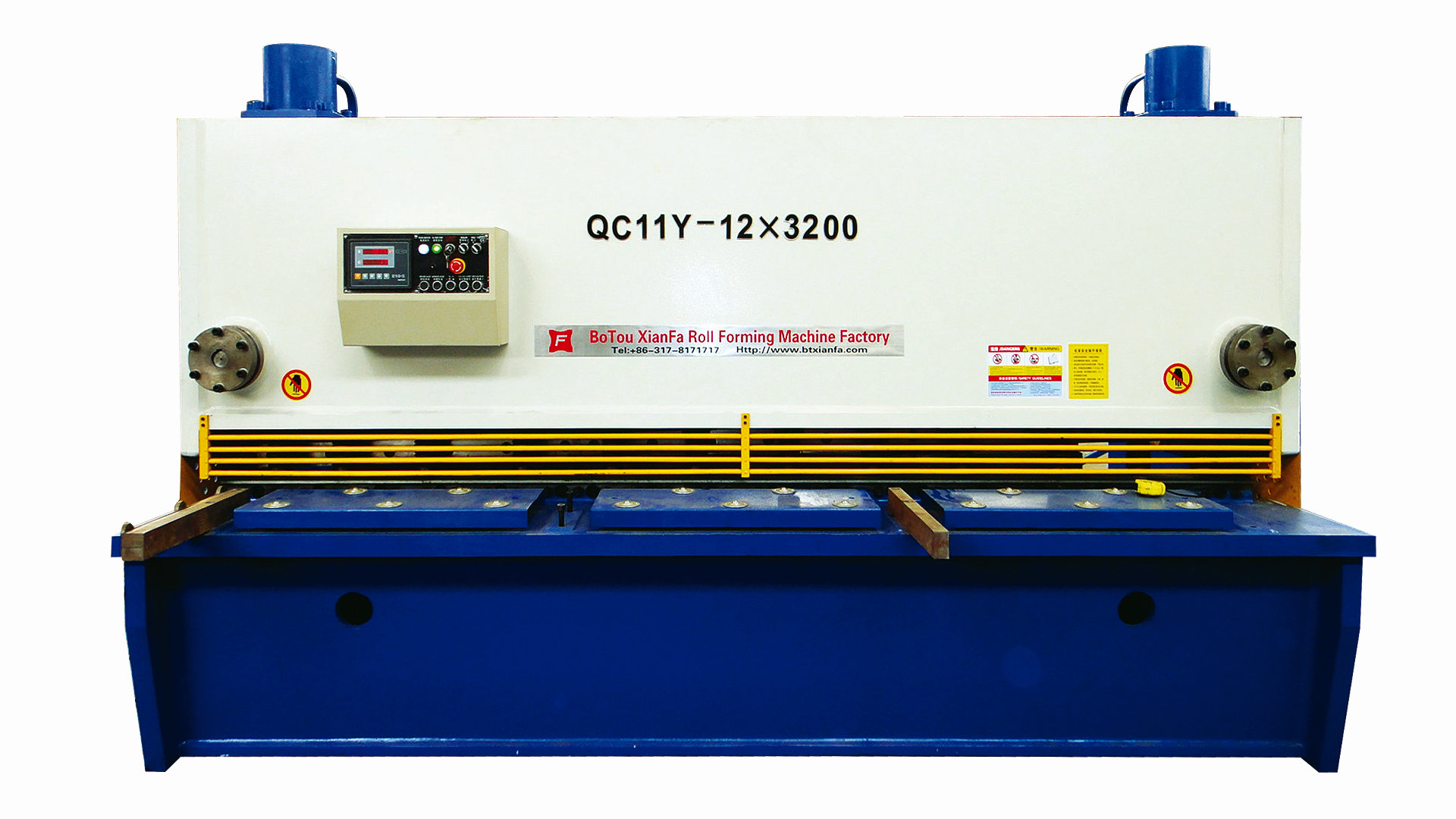"Plan" changes to "planning" and changes in one word, which conveys the tremendous changes in the thinking of the country's policy makers on economic and social development. It shows that the government will pay more attention to the basic role of the market in allocating resources in economic management, and reflects the transformation of the government's economic management functions from microscopic to macroscopic, direct to indirect, and project management to planning and management. We can even regard it as another historically significant coordinate point in the transition from a planned economy to a market economy.
This change reminds us that the government’s management thinking has changed and the development thinking of the industry must also change.
The changes in development thinking must first be reflected in the formulation of the “Eleventh Five-Year Plan†for the development of the industry. In the past, we formulated the industrial development plan accustomed to looking up, and determined the development goals of the industry according to the specific development indicators set by the country. For example, according to the rate of development of the GDP set by the country, the growth rate of the industry is determined, and the production quantity target of some products is determined according to the market demand target proposed by the country. When the country's "plan" becomes "planning," excessively detailed quantitative indicators will be diluted or even cancelled. The government's grasp and control of economic development is more macroscopic. In this way, the planning of the entire industry and the planning of various fields have lost the “targeting†of the government’s goals, and it is no longer possible to look at the “face†of the government. Therefore, the formulation of an industrial plan must be based entirely on a more accurate judgment of the future international and domestic markets, and it must be based on a more accurate grasp of the positions of the petroleum and chemical industries in the entire national economic system and the global economic system. This is a great challenge for the entire industry.
The change in development thinking must also be reflected in the re-understanding of the relationship between the government and the industry, government, and enterprises. In the future economic and social development, the government functions will undergo a fundamental transformation and will further strengthen their public management and social service functions. Therefore, the government's development of the industry and the development of the company will be a transition from concrete interventions to macro-control. After the transformation of government functions, any enterprise in any industry is only one of its services. Their interests can only be reflected in fair market competition under the premise of ensuring public interest. In this way, our original "petroleum and chemical industry is the pillar industry of the national economy, the government must support it," and "our enterprise is a super-large enterprise, the government must help" the thinking will not work; once the development is difficult, we expect the government to proceed. The idea of ​​tilting policies and appealing for support from the government is also not effective; companies that are self-professed to be taxpayers who do not care about environmental protection, safety and health are even more difficult to survive. Therefore, we must correctly understand the relationship between the government and the industry, the government and the enterprise, and under the guidance of the people-oriented, sustainable development scientific development concept, develop and grow in an independent market competition.
The next five years will be a crucial period for China's economic and social development and a key period for the development of the petroleum and chemical industries. Under the premise of changing the economic management model of the country, we must adapt to this change as soon as possible, adjust our development thinking, and face a more severe and fairer market competition.
Shear Machine , Shearing Machine, Manual Cutting Machine , Metal Shearing Machine,Hydrulic Shearing Machine, Hydraulic Cutting Machine,Steel Sheet Cutting Machine, Steel Sheet Shearing Machine, Automatic Cutting Machine
1.Q: Why choose Huachen? Any advantages?
A: The answer is Yes. There are5 advantages.
(1) Mutual benefit: Our offer will
be reasonable, our price will be cheaper in the same quality.
(2) Customize: We can make the roll
forming machine as your request, Profile and Quality can meet your request.
(3) Good testing: After we finish
the machine,we test it again and again to make sur every machine perfect.
(4) After sale service: (1)1 Year
Guarantee. (2)We offer installation and
operating training for free.
(5)We offer life long technical support for free.
2..Q: Where is your factory located? How can I visit there?
A: Our factory is located in Botou, Hebei province. We could pick you up from Cangzhou Station or Beijing or tianjin airport when you come.
3.Q:How about your payment terms?
A:30% deposit by T/T in advance and 70% balance after inspect confirmation before shipment.
4.Q:What is your contact info?

Hydraulic Shearing Machine
Hydraulic Shearing Machine,Shear Machine,Shearing Machine,Metal Shearing Machine
Botou Xianfa Roll Forming Machine Factory , https://www.rollforming.nl